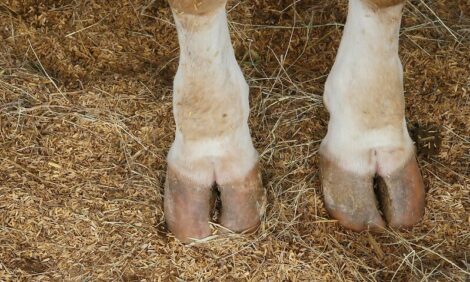



Australia buys vaccines for lumpy skin disease to safeguard cattle exports
Australia is free of LSD but infection scares have halted tradeThe Australian government said on Wednesday that it had bought a supply of vaccines for lumpy skin disease (LSD), a highly infectious condition affecting cattle, as part of efforts to control the disease and maintain live animal exports, according to Reuters.
The government says Australia is free of LSD but infection scares in recent months temporarily halted shipments of some live cattle to Malaysia and Indonesia.
Australia exported 593,000 live cattle and buffalo last year worth $870 million, its customs data show. A little over half went to Indonesia, with China, Vietnam and Israel the next biggest destinations.
LSD causes blisters in cattle and buffalo and reduces milk production. Transmitted by insect bites, it poses no risk to humans.
The agriculture ministry said in a statement it had signed a contract with a company called MSD Animal Health to ensure an initial supply of 300,000 doses of LSD vaccine will be available for Australia, Timor-Leste and Papua New Guinea.
It said the agreement would run for four years with the doses held in a secure overseas location. A spokesperson declined to say how much it would cost.
"Access to vaccines is a longstanding part of our strategy to reduce risk offshore and build confidence in our response mechanisms," Agriculture Minister Murray Watt was quoted as saying.
"The agreement means we will have priority access to a high-quality vaccine that can be used quickly to protect Australian animals if we did need to respond to an outbreak, or that can be used overseas to reduce the risk to our near neighbours," he said.
The ministry also said an emergency use permit had been issued to allow the vaccine to be used in Australia if needed.
Indonesia halted imports from some Australian export facilities in July and August after some cattle tested positive for LSD, lifting the suspensions in September.
Malaysia also paused imports in August after the detections in Indonesia, resuming trade last month.



